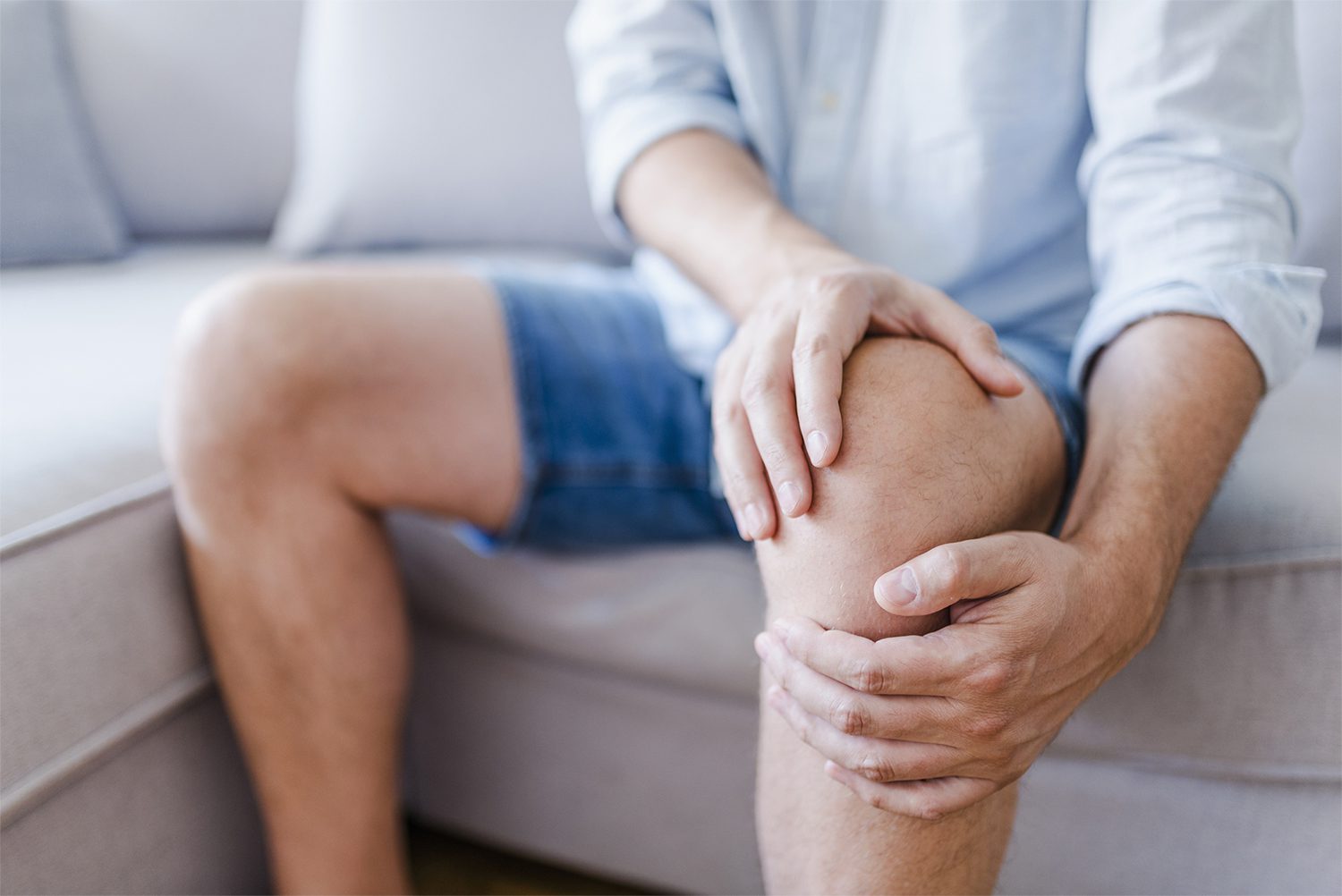Knee Treatment
At St. Elizabeth, we know knee surgery isn’t always the answer. Our Orthopaedic team’s primary focus is to create a customized treatment plan that minimizes your knee pain and maximizes your quality of life. Your treatment plan will include nonsurgical treatment options such as exercise, physical therapy, anti-inflammatory medications, and injections.
Common Conditions of Knee Pain
Knee Injury
If you have knee pain with a specific movement or a gradual increase in pain, especially during movement such as running, it may be linked to an injury. A key indicator of a knee injury is an abnormal running gait or feeling apprehensive about any type of movement.
Knee Soreness
Symmetrical or bilateral soreness after exercise is typical. With a careful approach, you can typically work through muscle soreness using pain as your guide. Take it slow and incorporate a lot of stretching before movement. If your pain escalates in any way, it’s important to listen to your body and stop to avoid further injury.
Osteoarthritis
Osteoarthritis is the most common form of arthritis worldwide, affecting more than 20 million people in the United States. The painful joint degeneration is most common in older adults and often affects large joints such as the knee, hip, neck and lower back.
In healthy joints, your cartilage provides cushioning that acts as a shock absorber and allows bones to move smoothly over each other. If you have osteoarthritis, that cartilage breaks down over time. This can lead to bone spurs and cause pain, swelling and stiffness that make it difficult for you to move without pain.
Sprains and fractures often occur during a sports injury for children and active adults, while a fall is the most common cause for wrist sprains and fractures for the elderly. If you or a loved one is still in pain after icing and elevating, go get an X-ray. Fractures mistaken for sprains can heal poorly and ultimately cause long-term problems.

Learn More
If surgery is necessary, our physicians can provide a referral to one of our affiliated orthopedic surgeons. For more information on surgical options, please contact us at askortho@stelizabeth.com.
Non-Surgical Knee Pain Treatments
Nonsurgical treatments can be used singularly or in conjunction with one another. Oftentimes, your physician will prescribe a combination of exercises and physical therapy along with NSAIDS to get the most effective combination of treatments.
Contact Us
Is your knee pain bothering you?
Schedule an appointment with our Sports Medicine physicians for a treatment plan tailored to you. Call (859) 212-5600 to make an appointment.
Surgical Options
If surgery is necessary, our physicians can provide a referral to one of our affiliated orthopedic surgeons. For more information on surgical options, please contact us at askortho@stelizabeth.com.




